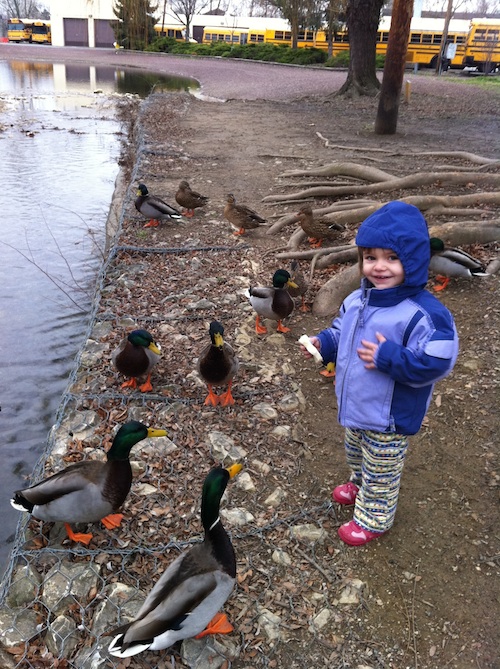Serendip is an independent site partnering with faculty at multiple colleges and universities around the world. Happy exploring!
[360] Learning and Narrating Childhoods: About This 360

Learning and Narrating Childhoods – A 360 taught by Pim Higginson (French and Francophone Studies), Alice Lesnick (Education), and Rob Wozniak (Psychology). Professor Higginson's course is "Teaching (in) the Postcolony: Schooling in African Fiction." Professor Wozniak's course is "Culture and Development." Professor Lesnick's course is "Literacies and Education."

360° is a new interdisciplinary experience that engages several aspects of a topic or theme, giving students an opportunity to investigate thoroughly and thoughtfully a multitude of perspectives. A cohort of students takes a cluster of classes over the course of a semester, focusing on the history, economic concerns, cultural intersections and political impact of an era, decision, event, policy, or important scientific innovation. 360° participants hone their arguments and insights through writing and research, develop strategies for teamwork that push the limits of their talents and creativity, and work with professors and scholars to promote big-picture thinking.
This 360 will explore how children grow and develop in different contexts (e.g. schools, communities, households) and cultures (e.g., the United States, West Africa, Sub-Saharan Africa) and how this growth and development is conceptualized and represented -- in texts and theories -- mainly by adults, across cultures and fields of study.
Led by faculty members in the fields of Education, French and Francophone studies, and Psychology, this 360 offers students an opportunity not only to see and hear children anew --- an abiding challenge for adults --- but also to think about and engage in supporting child development, particularly important as youth oppression persists in myriad forms and children’s rights remain unfulfilled.
This 360 will make visible and put into dialogue the different ways in which disciplines construct children and childhood. It will also provide opportunities for students to apply their variously informed understanding to creating curricula for children and learning how curricula are created in West Africa.


